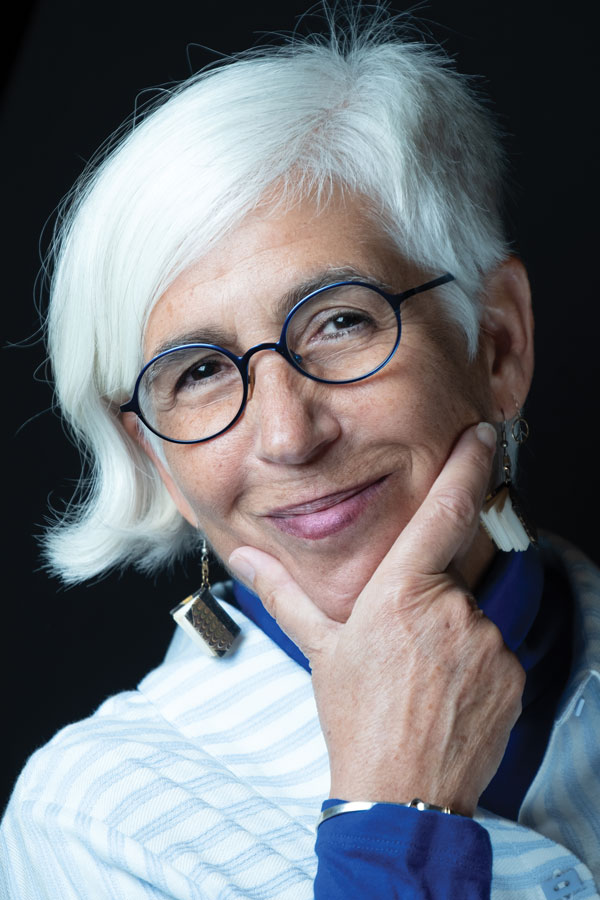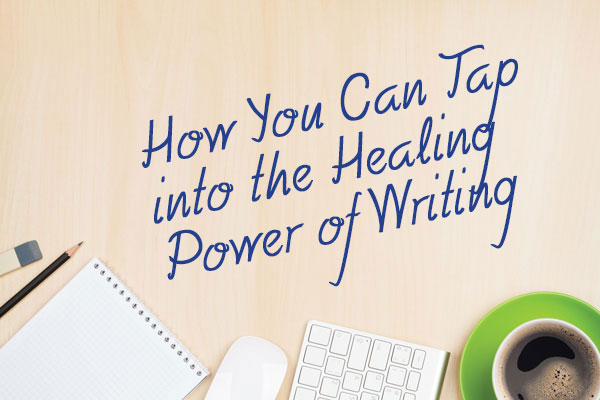Journaling Your Cancer Journey
by Janet Falon
Since the COVID-19 pandemic began to dramatically change our day-to-day lives, relationships, and emotions, journaling has been touted as a great coping tool, providing journal-keepers with a place to dump and puzzle through emotions and grapple with life turned upside down and inside out. We in the cancer community have known this for years. The healing power of journaling has long been tapped by people affected by cancer, with many reliable studies supporting promises of improved emotional, and even physical health.
But new ways – and whys – of journaling do come along. For instance, gratitude journaling is a relatively new addition that has received a lot of well-deserved buzz in the past few years. Although there are many ways of doing it, writing about events, people, and things that you’re grateful for appears to be good for the mind, heart, and soul. And it can be as simple as writing a list at the end of the day of three things you are grateful for that day.
There are some beautiful gratitude journals with gratitude-focused writing prompts that you can buy, but you don’t need them. Jotting down what you’re grateful for in a bare-bones notebook is just as effective. In fact, I like noting what I’m grateful for in my one-and-only notebook journal; that way, it coexists with everything else I write about and makes my life on the page seem more integrated and whole.
One of the reasons a more traditional journal works is because it is not read by anyone else. Its privacy enables the journal-keeper to write from a deeper place, knowing the writing is for their eyes only.
Something else that has burst onto the scene in recent years is bullet journaling. As with gratitude journals, an entire industry has arisen around bullet journaling. But I’m not wild about it for people dealing with cancer. Although bullet journaling is very flexible and can be tailored to your own unique needs, what’s out there seems to be more focused on planning, rather than encouraging a meandering expression of feelings. But I’d be happy to be proven wrong here. Bullet journaling might be a good cancer coping tool if it’s more business-like reputation frees someone to keep a journal who might not otherwise do so.
Some people think that writing a blog is the same as keeping a journal, and for a small percentage – especially those folks who like to have an audience and who otherwise wouldn’t write – it probably works. But I’m old fashioned. I’ve written in my low-tech notebook journal for more than 55 years. One of the reasons a more traditional journal works is because it is not read by anyone else. Its privacy enables the journal-keeper to write from a deeper place, knowing the writing is for their eyes only.
No matter how and where you keep your journal, there are some long-standing practices that make for good journaling.
1 You do not have to write every day. Write when the spirit moves you. The only time you should “should” yourself is if you’re not writing at all.
2 Don’t write in your journal only when you’re miserable. Journaling does work well when you’re down, but if you only give yourself the gift of time when things are bad, you’re reinforcing the negative. And if you ever re-read your journal, your view of that time will be skewed. Even at the worst of times, there are always moments, or even hours, of good feelings. Honor the whole spectrum of human emotions by writing when you’re experiencing them all.
3 Don’t try to be a “good” writer in your journal. Your journal is the place to focus on the content, not to work on or worry about the quality of the writing.
4 As you’re writing in your journal, try to tune into any messages floating around in your head and note them in your journal. Sometimes, these impromptu thoughts are more interesting and useful than what you intended to write about.
No matter how or what you choose to write, keeping a journal can be an invaluable outlet to help you cope with cancer. So, go ahead, grab a notebook, and set aside some time to start journaling.

Janet Falon is a writer and writing teacher in Elkins Park, PA. She has been teaching journaling to people dealing with cancer for nearly 15 years and is the author of The Jewish Journaling Book.
This article was published in Coping® with Cancer magazine, March/April 2021.


